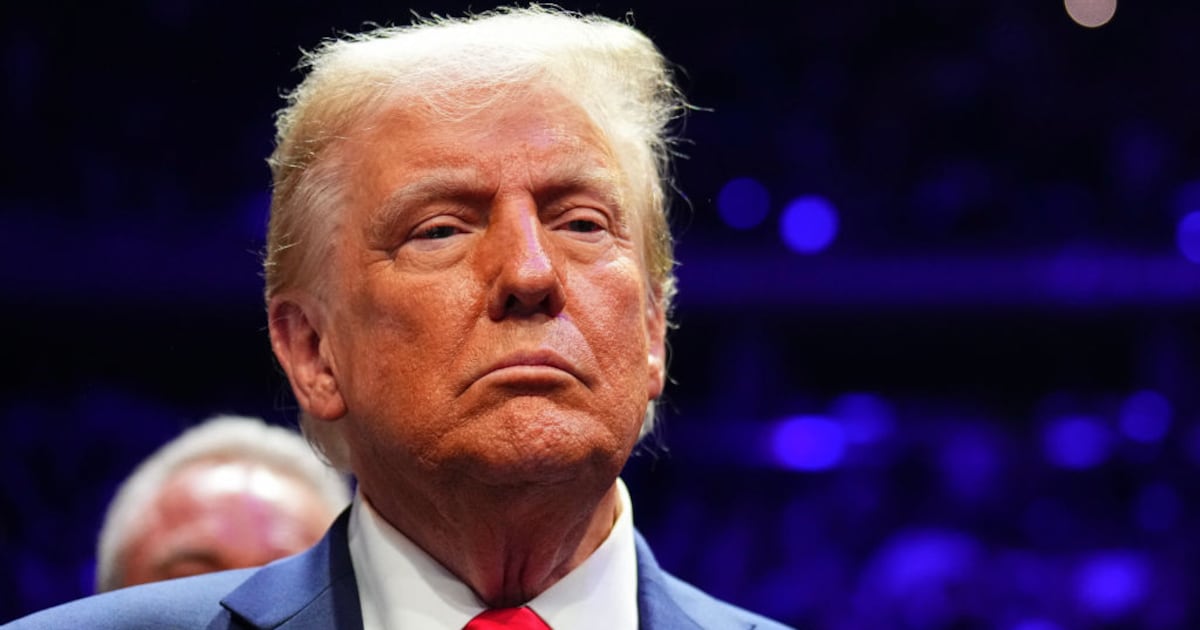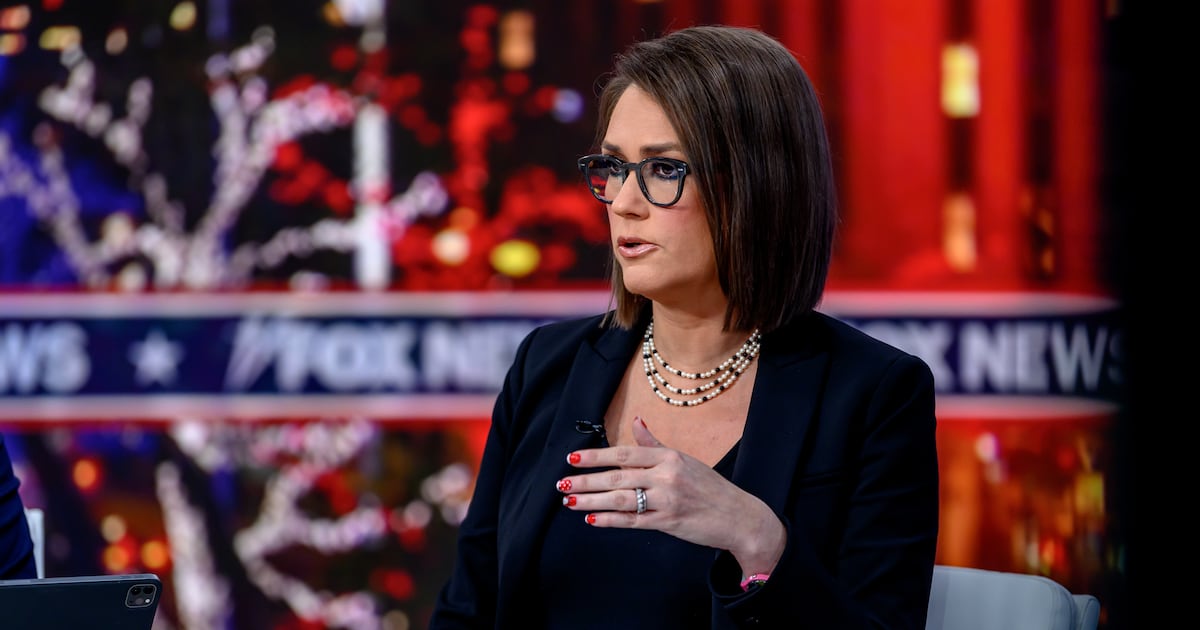The Syria question is the most hotly debated political issue since the invasion of Iraq, driving a wedge between old allies, party colleagues, and friends all over the world. In Britain, the argument is being fought publicly between two brothers. It’s Miliband vs. Miliband.

Little brother Ed, the leader of the Labour Party, led the British parliamentary revolt against plans to strike President Bashar al-Assad. His big brother, David, once the foreign secretary and one of Tony Blair’s closest aides, responded by condemning the West for failing to act more decisively.
In an email blast over the weekend, David Miliband called Syria “a defining crisis.” He has pointedly singled out the U.K. for rejecting military plans in open defiance of his younger brother’s political intervention. “It is rather unhelpful,” a senior Labour source told me. “I thought he had decided to leave British politics.”
ADVERTISEMENT
The most explosive family rivalry in European politics, described as “Labour’s Cain and Abel,” was thought to have come to an end earlier this year when David resigned as an M.P. and moved to New York to become president of the International Rescue Committee, a humanitarian organization.
For most of the past decade while both brothers were British M.P.s, David was by far the more powerful figure. As foreign secretary, he forged a strong personal relationship with Hillary Clinton, who described him as “vibrant, vital, attractive and smart.” By 2010, David was a hot favorite to become the new leader of the Labour Party, but his little brother surprised him by announcing that he would also run for the job, and then shocked him by winning it.
When the result was announced at the party’s annual conference in Manchester, the brothers shared an embrace on stage. That fraternal show of unity lasted only two days. And it was the question of foreign intervention that first divided them; in his maiden speech as party leader, Ed said Labour had been “wrong to take Britain to war” in Iraq when Blair was prime minister. David, who had been one of Blair’s most trusted advisers before becoming an M.P. himself, had supported the party’s interventionist outlook at the time.
As Ed tried to distance himself from the previous leader, one of the television cameras focused on his elder brother, who was refusing to join the applause in the room, David even leaned over to chastise his neighbor, the party’s deputy leader, who was clapping along despite her own pro-invasion vote in 2003.
Ed had beaten his big brother by the narrowest of margins, but he has struggled to establish himself as a worthy rival to Prime Minister David Cameron. His net approval rating in the latest opinion poll stood at -31.
Taking on Cameron over Syria has been the biggest risk of his political career. The prime minister recalled Parliament on August 29 for a vote to approve limited military strikes against Syria. He initially believed he had secured the support of Ed Miliband but that was withdrawn on the eve of the vote, leaving Conservatives furious. “We don’t know if it was a Machiavellian plan by Ed Miliband,” a Tory M.P. told me. “Did Miliband always intend to pull the rug out and trap Cameron, or did he change his mind?”
Either way, the defeat handed to Cameron was humiliating for the prime minister. Support for Ed’s aggressive move soon began to dwindle, however, as more evidence emerged to link Assad with a chemical attack that killed more than 1,000 of his own people.
Blair, the most successful leader in Labour Party history, offered an unprecedented public rebuke to one of his successors. “This is something where I just have to disagree with the leadership of the party,” he told the BBC. “I know it’s a difficult position for political leaders to be put in when they’ve got to take decisions like this, but my position on these issues is pretty clear over a long period of time.”
Ben Bradshaw, a senior Labour M.P., said many in the party felt “uneasy” after Ed Miliband had forced Britain to back away from military action. He was speaking as a member of the Blairite wing of the party which has spent the last 15 years in a bitter internal feud with those who aligned themselves with Gordon Brown and the more traditional, left-wing, half of the party.
It’s another political fault line that has divided David and Ed, who is four years David’s junior. During the toxic years, in which Blair would scarcely talk to his chancellor of the Exchequer, the Miliband brothers had found themselves on opposite sides of the fight. David was “the heir to Blair” a young policy adviser who was groomed to succeed his master, while Ed worked in the Treasury as an aide to Brown. The divisions caused by the two “Big Beasts” who had dominated Labour since the early 1990s continues to cause friction.
While Ed was vulnerable and exposed on the Syria issue, his brother intervened. In an article for the Financial Times, he admitted that military action was “decreasing in popularity” but claimed that it was “increasingly necessary.” He seemed to be suggesting that now was the time for powerful political figures to use their position to lead a skeptical electorate. Ed has proved to be no such leader.





